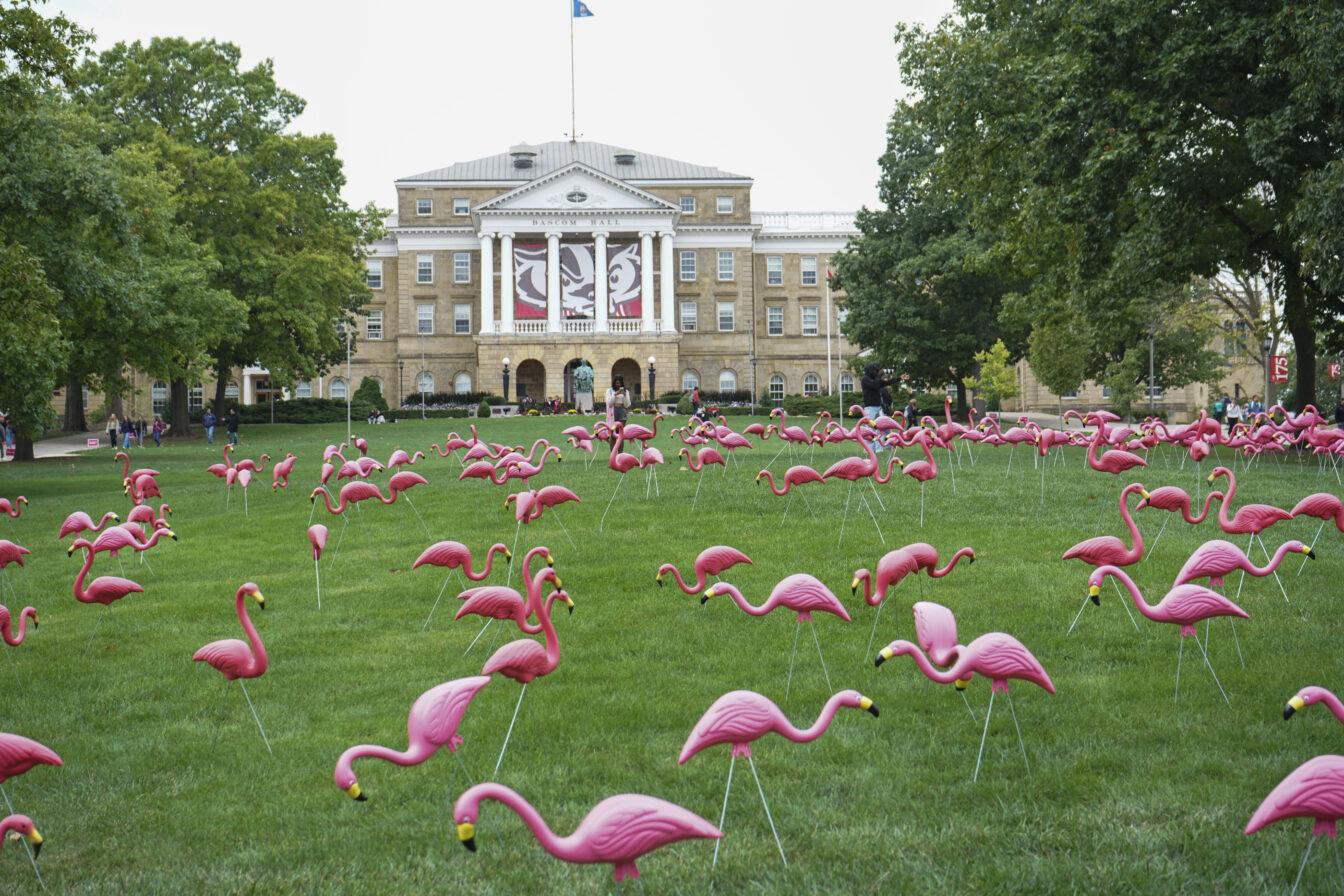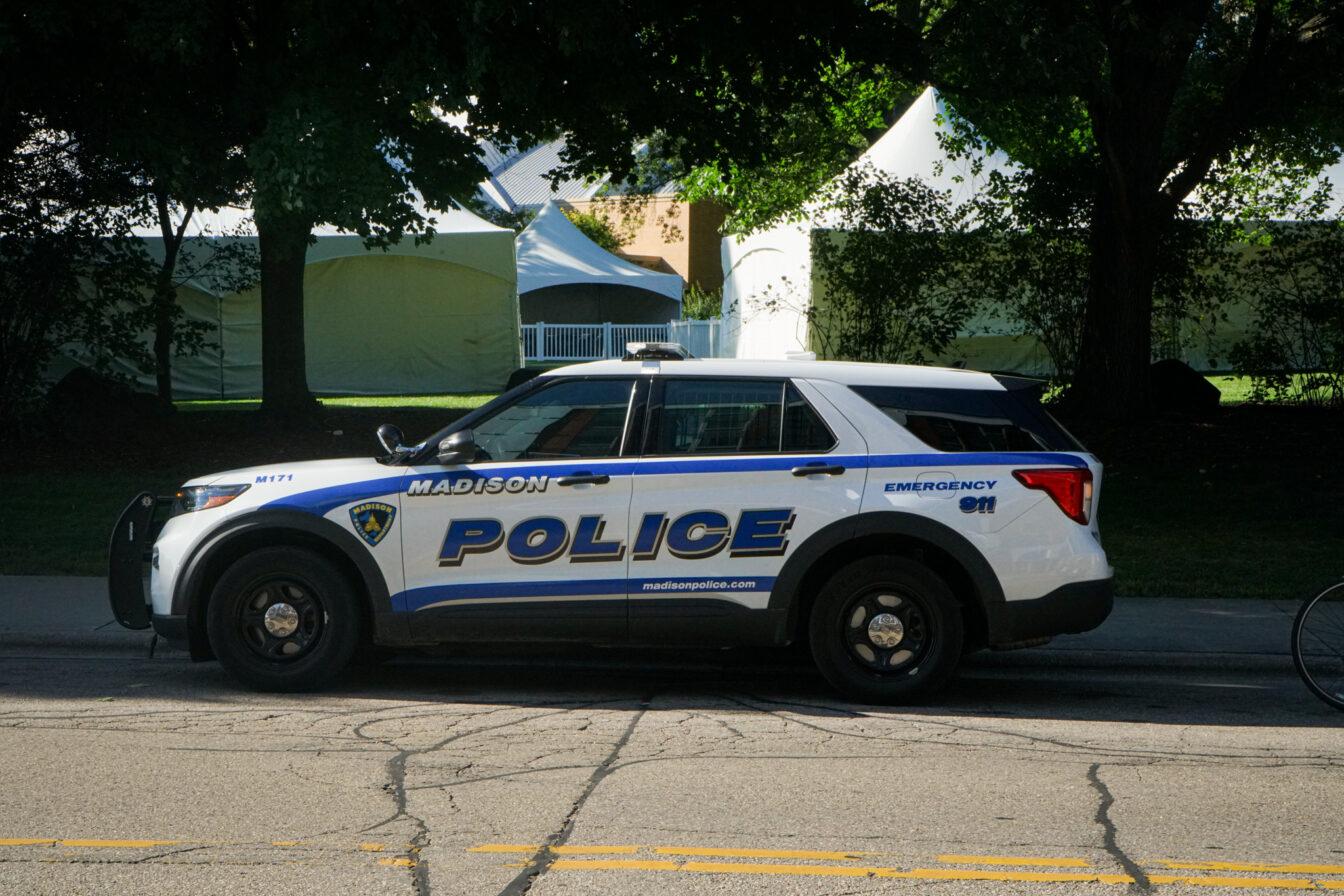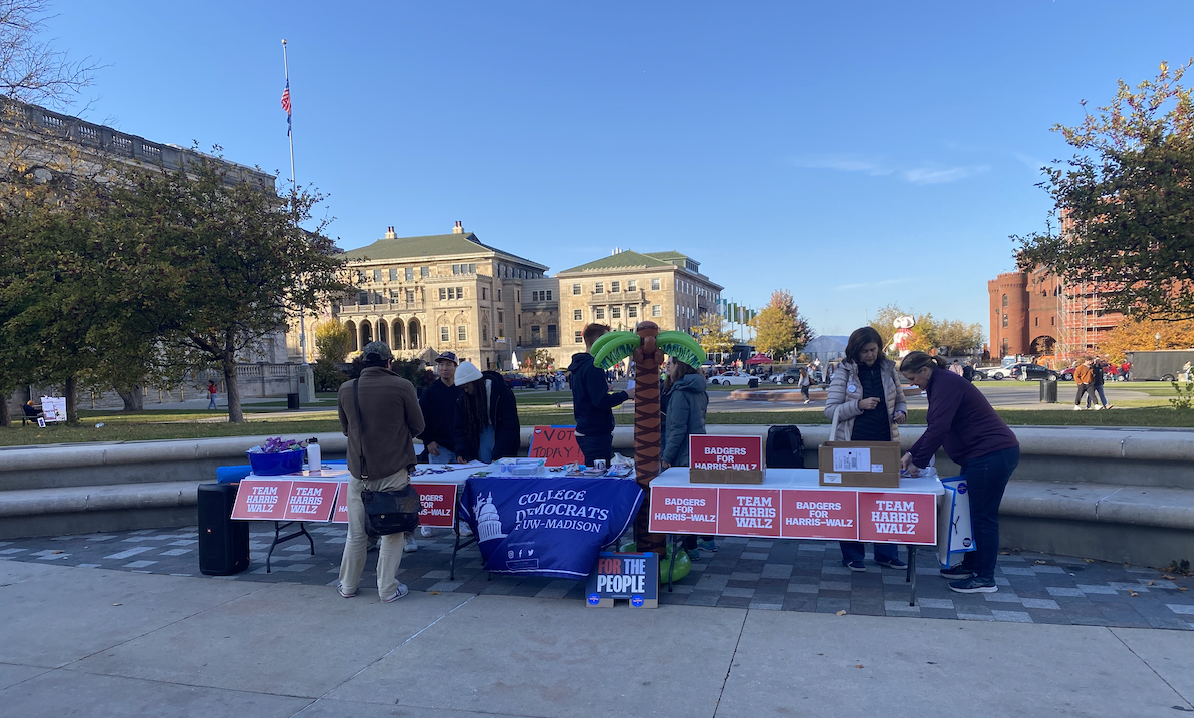BOSTON (Reuters) — Massachusetts’ highest court on Tuesday struck down a ban on gay and lesbian marriage and gave lawmakers six months to fix state laws in a move that could make the state the first in America to legalize same-sex marriage.
In a 4-3 ruling, the Supreme Judicial Court said Massachusetts could not deny civil marriage rights to two people of the same sex who wish to marry — although it stopped short of ordering the state to start issuing marriage licenses.
“Barring an individual from the protections, benefits and obligations of civil marriage solely because that person would marry a person of the same sex violates the Massachusetts Constitution,” the court said, noting that state law forbids the creation of second-class citizens.
The ruling was akin to throwing kerosene on the fire of America’s political debate over gay rights, as conservatives voiced outrage and renewed their push for a U.S. constitutional ban on same-sex marriage.
President Bush called marriage “a sacred institution between a man and a woman” and said the court ruling violated that principle.
“I will work with congressional leaders and others to do what is legally necessary to defend the sanctity of marriage,” Bush said in a statement from London, where he was on a state visit.
David Buckel, director of the marriage project at gay-rights group Lambda Legal, said his group would push for gay marriages across the country in what he characterized as a “state-by-state” battle.
Gays and lesbians will have to wait until spring at the earliest to wed in Massachusetts because the court put its decision on hold for 180 days to give the legislature a chance to bring state marriage laws in line with the ruling.
But among the seven homosexual couples who sued the state in 2001 after their requests for marriage licenses were rejected, at least one pair — Gloria Bailey and Linda Davies — said they were already planning on a June wedding.
“This is the happiest day in our lives,” said Bailey, choking back tears as she giddily showed off her heirloom diamond engagement ring at an emotional news conference.
Across the country, gays and lesbians celebrated as the Massachusetts court delivered another victory in their decades-old drive for acceptance and equality.
Regardless of what happens in Massachusetts, gay marriages will not be equal under federal laws for purposes of taxes, health and retirement benefits.
The 1996 Defense of Marriage Act, signed by then-President Bill Clinton, defined marriage for federal purposes as between one woman and one man. The law also said individual states were not obliged to honor gay marriage laws passed in other states.
“Even after this decision — as wonderful as it is — same-sex couples who get married will still not be completely equal because the federal government refuses to recognize their relationships and provide full equality for them,” said James Esseks of the American Civil Liberties Union.
Only one other state, Vermont, legally recognizes same-sex couples and allows them to enter into “civil unions” — giving them many of the legal protections of marriage.
Debate over the issue of same-sex unions has intensified since Canada took steps to legalize gay marriages and the U.S. Supreme Court in June struck down state sodomy laws. The Massachusetts ruling set the stage for legislative battles both in Boston and Washington.
Calling the decision an act of “judicial tyranny,” the Christian Coalition of America urged Congress to quickly pass an amendment to the U.S. Constitution banning same-sex marriages.
“In this radical, reckless decision, four political appointees in black robes are attempting to redefine the biological reality that marriage is the union of a man and a woman,” said Evelyn Reilly, director of public policy for the Massachusetts Family Institute.
Opponents of gay marriage may also try to amend the Massachusetts Constitution to define marriage as exclusively between a man and a woman, thereby short-circuiting Tuesday’s ruling. Massachusetts Gov. Mitt Romney, a Republican, said he would support such a constitutional amendment.
Attorney Mary Bonauto, who represented the seven plaintiff couples, said it was impossible for the state constitution to be amended before the 180-day stay expires.







